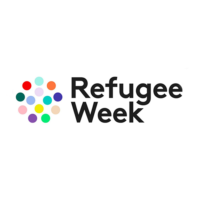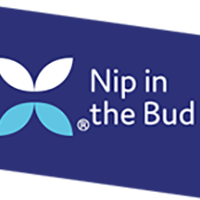Blog
-

Strategic Priorities 2022-23
Download the full strategy and take a look at some of the headline objectives.
Read more -

Refugee Week 2022; Encouraging Inclusivity, Resilience, and the Right to be Safe
This Refugee Week (20 – 26 June), we encourage you to explore the learning opportunities available on our website, and to share with your networks. We have gathered a range of FREE learning resources from leading academics, clinicians, and researchers to raise awareness this Refugee Week.
Read more -

Updates on Anxiety in children and adolescents – Jack Tizard International Conference recording
The 2022 ACAMH Jack Tizard International Conference will provided an updated and evidence-based overview on the clinical presentation and management of anxiety disorders in the clinical setting as well as in schools.
Read more -

How isolation and secrecy fuel the self-harm flames
During Mental Health Awareness month in May 2022 – focused on the role of loneliness – Nip in the Bud listened to experts and those who have been through it to understand the vicious cycle of trying to cope alone. (TRIGGER WARNING: Please be aware that this blog discusses self-harm, including personal experiences of self-harm.) This blog was published by Nip in the Bud on 27 May 2022.
Read more -

Understanding Trauma – Ask The Expert; recording
For this session we welcomed David Trickey to share his knowledge and insights into trauma, specifically exploring children’s responses to traumatic events, when it might become problematic, how it might present itself and why schools make perfect therapeutic environments to support young people who have experienced trauma. David also answered questions in a session facilitated by leading education professional Professor Barry Carpenter.
Read more -

Understanding Early Trauma: The case for supporting parent-infant relationships
Understanding of adverse childhood experiences has grown in recent years. We now know more about how external circumstances cause psychological trauma in some children. When we understand early trauma – and the importance of early relationships – we are better able to prevent, and respond to, children’s mental health problems. [Please note that this is an external blog and may not reflect the views of ACAMH]
Read more -

JCPP Advances First Year Anniversary recording
5 fantastic 10-minute lectures from leading researchers, academics, and practitioners on a number of topics in the field of child and adolescent mental health, and will also include a short presentation from Wiley, ACAMH’s publishing partner, highlighting JCPP Advances’ success so far.
Read more -

Myth Busting Anxiety recording
As part of our Myth Busting series we looked at the evidence-base, focused on the facts, and busted some myths when it comes to Anxiety. Our host was Chloe Chessell.
Read more -

CAMHS around the Campfire journal club – Technology-delivered CBT for pediatric anxiety disorders (recording)
For this session we are welcomed Dr. Matti Cervin, Lund University, and Dr Tobias Lundgren, Associate Professor, Karolinska Institutet, to discuss their JCPP paper ‘Technology-delivered cognitive-behavioral therapy for pediatric anxiety disorders: a meta-analysis of remission, posttreatment anxiety, and functioning’.
Read more -

Helping Teachers Help Pupils With Mental Health
ACAMH commits to developing a comprehensive series of resources that disseminate research-informed, evidence-based practice in schools, to support children & young people’s mental health & wellbeing
Read more